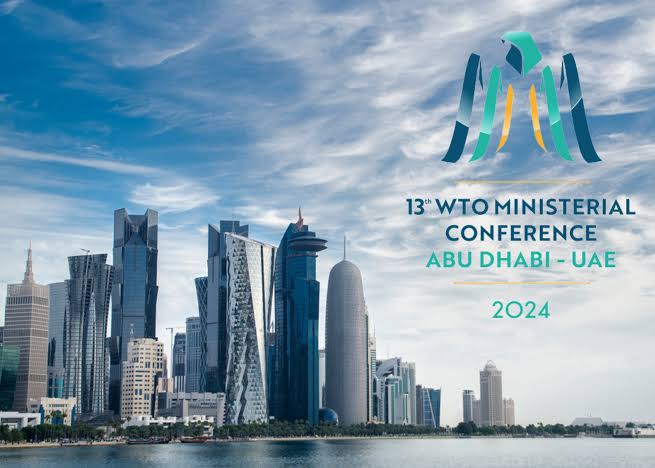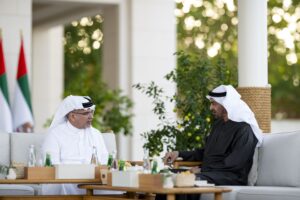WTO MC13 Approves Extension of TRIPS Waiver for Increased COVID-19 Vaccine Production

Abu Dhabi, The Gulf Observer: The 13th Ministerial Conference of the World Trade Organization (WTO) achieved a major milestone today by approving an extension to the Trade-Related Aspects of Intellectual Property Rights (TRIPS) Waiver. This historic decision allows developing countries to enhance their vaccine production capacity for COVID-19 and future pandemics.
The TRIPS Waiver extension emerged as a focal point during the conference, reflecting the WTO’s commitment to addressing global health challenges. Intellectual property laws, which contribute to 90 percent of non-tariff barriers to trade, have been identified as a significant obstacle, making this decision particularly beneficial for least developed countries.
In addition to the TRIPS Waiver extension, the Ministerial Conference’s final statement unveiled new rules on the local regulation of services. These rules are expected to substantially reduce trade costs worldwide, amounting to billions of dollars. The acknowledgment of the impact of these rules underscores the WTO’s dedication to fostering a more inclusive and efficient global trading environment.
The statement also underscored the ongoing efforts to reform the Dispute Settlement System (DSS), aiming to establish a comprehensive, effective, and accessible system for all WTO members by the end of 2024. Emphasizing the importance of inclusive and transparent discussions, the WTO aims to build upon existing progress and address challenges, including those related to the Appellate Body.
Furthermore, WTO member countries reached an agreement to extend the moratorium on e-commerce tariffs until the 14th WTO Ministerial Conference in 2026. This landmark decision represents a significant achievement for the conference, which engaged in extensive negotiations on various key issues shaping the future of global trade.
The outcomes of the WTO 13th Ministerial Conference signal a collaborative commitment to addressing pressing global challenges, fostering a more equitable and accessible trade landscape, and fortifying the foundations for international cooperation in the post-pandemic era.


